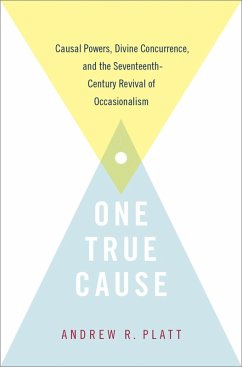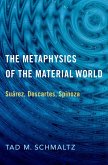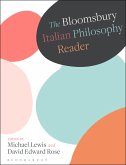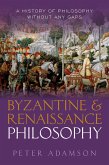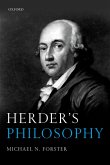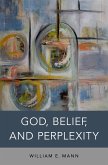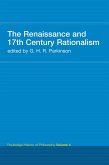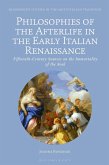Occasionalism is the thesis that God alone is the true cause of everything that happens in the world, and created substances are merely "occasional causes." This doctrine was originally developed in medieval Islamic theology, and was widely rejected in the works of Christian authors in medieval Europe. Yet despite its heterodoxy, occasionalism was revived in the 1660s by followers of the philosophy of Ren? Descartes, perhaps the most famous among them the French philosopher Nicolas Malebranche, who popularized this doctrine. What led Cartesian thinkers to adopt occasionalism? Since the 1970s has there been a growing body of literature on Malebranche and the movement he engendered. There is also a new and growing body of work on the Cartesian occasionalists before Malebranche--including Arnold Geulincx, Geraud de Cordemoy, and Louis de la Forge. But to date there has not been a systematic, book-length study of the reasoning that led Cartesian thinkers to adopt occasionalism, and the relationship of their arguments to Descartes' own views. This book expands on recent scholarship to provide the first comprehensive account of seventeenth century occasionalism. Part I contrasts occasionalism with a theory of divine providence developed by Thomas Aquinas, in response to medieval occasionalists; it shows that Descartes' philosophy is compatible with Aquinas' theory, on which God "concurs" in all the actions of created beings. Part II reconstructs the arguments of Cartesians--such as Cordemoy and La Forge--who used Cartesian physics to argue for occasionalism. Finally, the book shows how Malebranche's case for occasionalism combines philosophical theology with Cartesian metaphysics and mechanistic science.
Dieser Download kann aus rechtlichen Gründen nur mit Rechnungsadresse in A, B, BG, CY, CZ, D, DK, EW, E, FIN, F, GR, HR, H, IRL, I, LT, L, LR, M, NL, PL, P, R, S, SLO, SK ausgeliefert werden.

